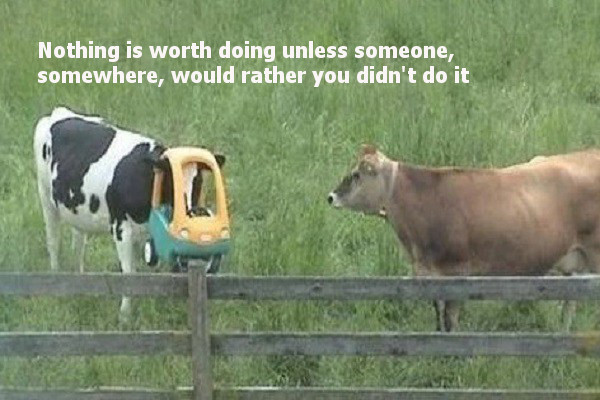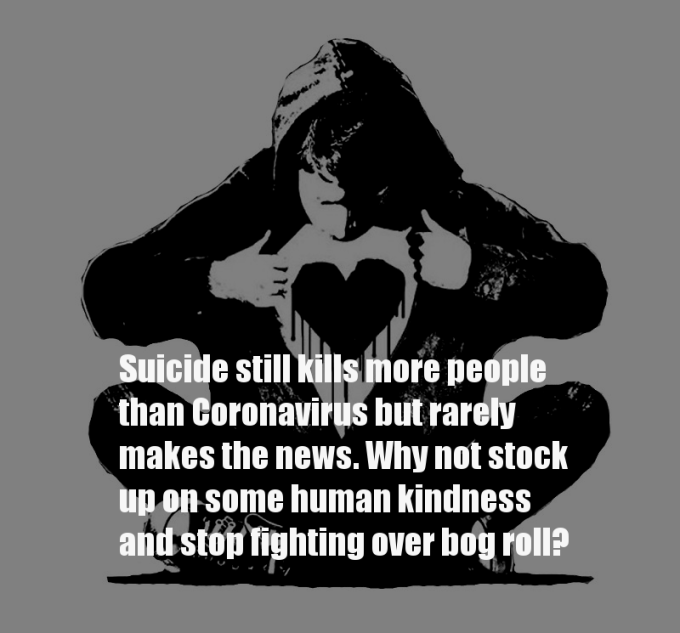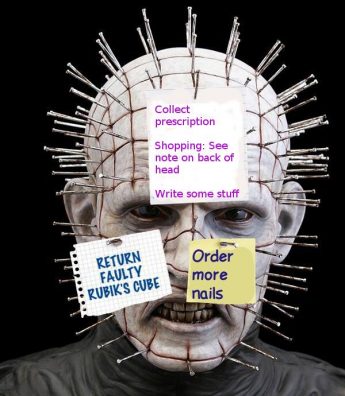THE WRITER’S LIFE
It’s been a while since I wrote in my diary, and personal blog entries have been scant over the last 18 months, while my life has been on hold. Someone let the brake pedal off though, and now my personal liberty has been restored. Now I have money in the bank, a regular modest income, and a life worth living.

This blog started off as a personal journal, but lately I’ve not had much I could write, because of so much unresolved in my life. I can blow off the dark glitter and write my open book once more, now that I’ve won my freedom and been compensated for the trauma inflicted by a battle which lasted a year and a half. It’s a story worth telling once more.
My doubters and detractors (mainly in the other life, away from here) are two distinctly separate but overlapping groups in the Venn Diagram of my social world. They might judge me as someone being paid to do as they please, to sit at home and avoid disease. But they weren’t there over the last 18 months. They didn’t see the consultations, the interviews and the final court tribunal, which led to here and which took a toll on my mental health. They didn’t see the separation anxiety from my family and the loneliness of social isolation.
Now I receive the Personal Independence Payment I’m entitled to and a Severe Disability Allowance, both of which are the social cleansing machine’s recognition of my condition. It’s a combination of mental malfunctions which no-one judging from a detached position would be able to detect, but which become plain to those prepared to engage with me. It’s worth persisting with life, especially if it winds a few people up.
Much has changed over the last year and a half, including my dad’s health. A retirement home resident, he still remembers me and he’s looking forward to seeing me more, now I have the means to travel. My kids grew up too, although I still managed to see them every couple of months. Now I can spend days with them more often too, and we can do as we please without lack of finance placing undue restrictions on us. On this side of the 18-month war, they’re both teenagers, two of my favourite people and my two very good young friends.
I was out with the kids in London on Sunday, something their mum suggested as money wasn’t such a big issue. I was grateful for that and we enjoyed a full day, starting with lunch somewhere other than a Wetherspoons. With the capital offering the world as our culinary oyster, we went to Nando’s instead.
London wasn’t quiet (it never is) but it was far less busy than normal, even for a Sunday. We’re not too neurotic about Coronavirus, so I just told the teenagers not to lick any windows. They wouldn’t have to, because we had some money.
Later in Piccadilly, we paid an impromptu visit (at £25 for adults; £18 each for under-16s; plus £6 for a locker as bags aren’t allowed in) to Body Worlds, Gunther von Hagens’ now permanent exhibition of plastinated people, providing a guided tour for the still-autonomous around our shared human anatomy.
More than the tarred lungs of a smoker, or the swollen liver of a drinker, I was struck most by the shrunken brain of an Alzheimer’s victim. If I hadn’t had my two teenage friends with me, I might have lost face and broken down at the tragedy of another shrunken mind in a retirement home, which still remembers me. Then again, those young people have never forgotten I’m their dad, and they didn’t give up on me.
It’s good to have my personal liberty back, especially when I can appreciate it because so much has changed. Funny how life works. Now I need to use it more for the benefit of others, which is one for those Venn segments of my life to suck on.











